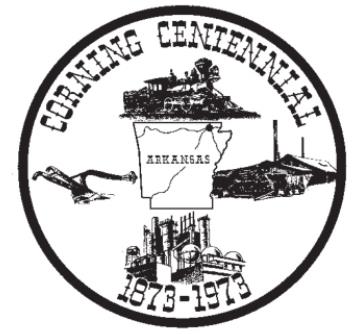A Feb. 7 editorial in the Dallas Morning News, written by the paper’s editorial board, urges readers to support the Journalism Competition and Preservation Act bipartisan legislation now before Congress. The JCPA would allow publishers and broadcasters to collectively negotiate with online platforms (Facebook, Google, etc.) that currently use their original content with no compensation. The act would also mark a four-year antitrust exemption that would give local news sources the chance to get back on their feet, staff their newsrooms and resupply their communities with vital information. The act is co-sponsored by Sens. John Kennedy (R-LA) and Amy Klobuchar (D-MN). Opponents of the act, some of whom have accepted substantial campaign donations from Big Tech companies, have expressed concern that the legislation would create a “news cartel.” The Morning News writes, “This is not a serious scenario. Instead, the opposite is more likely. This would give more publishers, with different points of view, the opportunity to set up news organizations that reflect what their communities want.” Other opponents have said that local newspapers are obsolete institutions that, like the horse and buggy, should fade away as technology progresses. The Dallas Morning News asserts that digital news sharing has actually brought more readers to the newspaper than at any time in its history, averaging more than 10 million unique visitors monthly throughout 2021. Yet, traditional advertising models need help adapting to the current digital environment. The Morning News writes, “... most of the advertising revenue that once supported the work of our journalists flows instead to a duopoly that even a company as strong as ours — one of the largest regional papers in the U.S. — cannot negotiate with singularly. Imagine what it must be like for mom-and-pop publishers in rural areas of this country.” It continues, “We need a better news and information system in our country that empowers a multitude of publishers, not only a handful of national papers and cable news channels, but a healthy ecosystem of local journalists who go to city halls and police stations, who are there for the high school football games and the opening of the new businesses in town.” The editorial cites a Washington Post study that found that since 2005, about 2,200 local newspapers have shuttered in this country. It notes that in many areas of the U.S., “local news coverage has been reduced to its thinnest form, if it hasn’t disappeared entirely.” The Morning News’ editorial board puts much of that blame squarely on the shoulders of Facebook and Google, which now dominate news dissemination. It says that in 2008, the entire U.S. newspaper industry collected $37 billion in advertising revenue. By 2020 that number fell to less than $9 billion. Yet in a single quarter last year, Google reported $61 billion in ad revenue. Likewise, Facebook, despite its recent stock stumbles, is poised to remain the other leader in digital advertising, the editorial asserts. “Much of this revenue is collected off the clicks and page views these companies gather from hosting the work of journalists. Most Americans now get their news through either or both of these companies. Yet Google and Facebook have not fairly compensated the news producers who drive a large share of content on their sites,” the editorial continues. It says that reaching a wide audience without using Facebook or Google has become nearly impossible, so the argument often made that news publishers have the choice to publish their original content elsewhere is unrealistic. The editorial concludes that failure to regulate the internet economy has “wrecked” what was once a robust journalism landscape full of local, regional and national news publishers. “[The Journalism Competition and Preservation Act] is a chance to bring part of it back, and we should all support it.”






